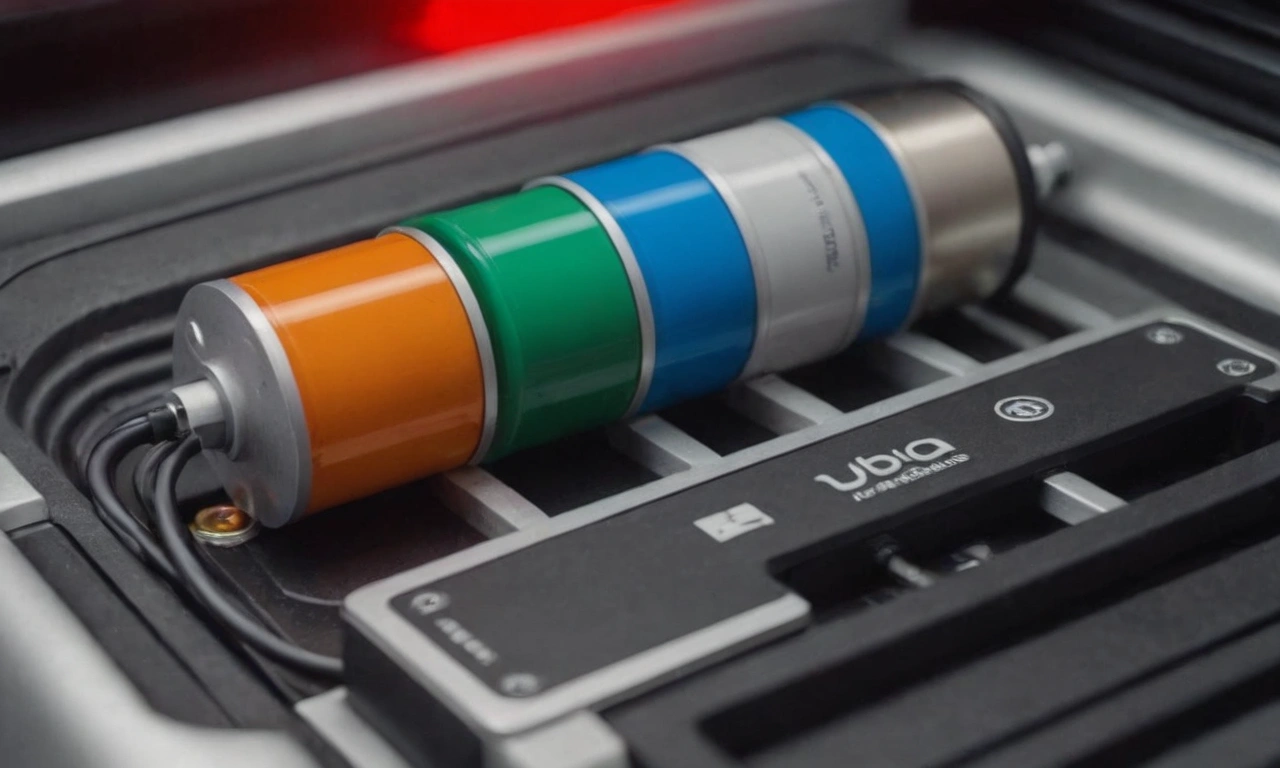As the world moves towards a more sustainable future, electric vehicles (EVs) have become increasingly popular. However, the success of EVs largely depends on the advancements in battery technology. While lithium-ion batteries have been the standard for EVs, solid-state batteries are emerging as a promising alternative that could revolutionize the industry.
The Limitations of Lithium-Ion Batteries
Lithium-ion batteries have been the go-to choice for EVs due to their high energy density and relatively low cost. However, they have several limitations that hinder the widespread adoption of EVs. These batteries are prone to overheating and have a limited lifespan, which can lead to range anxiety among drivers. Additionally, the rare earth metals used in these batteries, such as cobalt and nickel, are often sourced from conflict-ridden regions, raising ethical concerns.
The Promise of Solid-State Batteries
Solid-state batteries have the potential to overcome the limitations of lithium-ion batteries. Unlike conventional batteries that use liquid electrolytes, solid-state batteries use a solid electrolyte, which offers several advantages. They have a higher energy density, meaning they can store more energy in a smaller space, resulting in longer driving ranges. Solid-state batteries also have a lower risk of overheating and are less flammable, making them safer than lithium-ion batteries.
Moreover, solid-state batteries have a longer lifespan, which could reduce the overall cost of ownership for EVs. They can withstand more charge cycles than lithium-ion batteries, potentially lasting the entire lifetime of the vehicle. This durability could also reduce the environmental impact of battery production and disposal.
Challenges and Advancements
Despite the promising potential of solid-state batteries, there are still challenges to overcome before they can be widely adopted in EVs. The manufacturing process for solid-state batteries is more complex and expensive than lithium-ion batteries, which could increase the upfront cost of EVs. Researchers and companies are working on optimizing the production process to make it more cost-effective and scalable.
Several companies, including Toyota, Volkswagen, and Solid Power, are investing heavily in solid-state battery research and development. Toyota has announced plans to introduce EVs with solid-state batteries by 2025, while Volkswagen has partnered with QuantumScape to develop this technology. These collaborations between automakers and battery manufacturers are crucial in accelerating the commercialization of solid-state batteries.
Beyond Solid-State: Other Emerging Technologies
While solid-state batteries are the most promising alternative to lithium-ion batteries, researchers are also exploring other technologies that could shape the future of EVs. Lithium-sulfur batteries, which use sulfur as the cathode material, have the potential to offer even higher energy densities than solid-state batteries. However, they face challenges related to cycle life and stability.
Another area of interest is the development of battery recycling and reuse technologies. As EV adoption grows, there will be an increasing need to recycle and repurpose used batteries to reduce waste and minimize the environmental impact of battery production. Companies like Redwood Materials and Li-Cycle are working on innovative recycling processes to recover valuable materials from used batteries.
The future of EV batteries is bright, with solid-state technology leading the way. As research and development continue, we can expect to see longer driving ranges, faster charging times, and improved safety in EVs. The shift towards sustainable transportation is not only crucial for the environment but also presents significant economic opportunities for companies and countries that invest in battery technology. With the right innovations and collaborations, the widespread adoption of EVs could become a reality sooner than we think.
